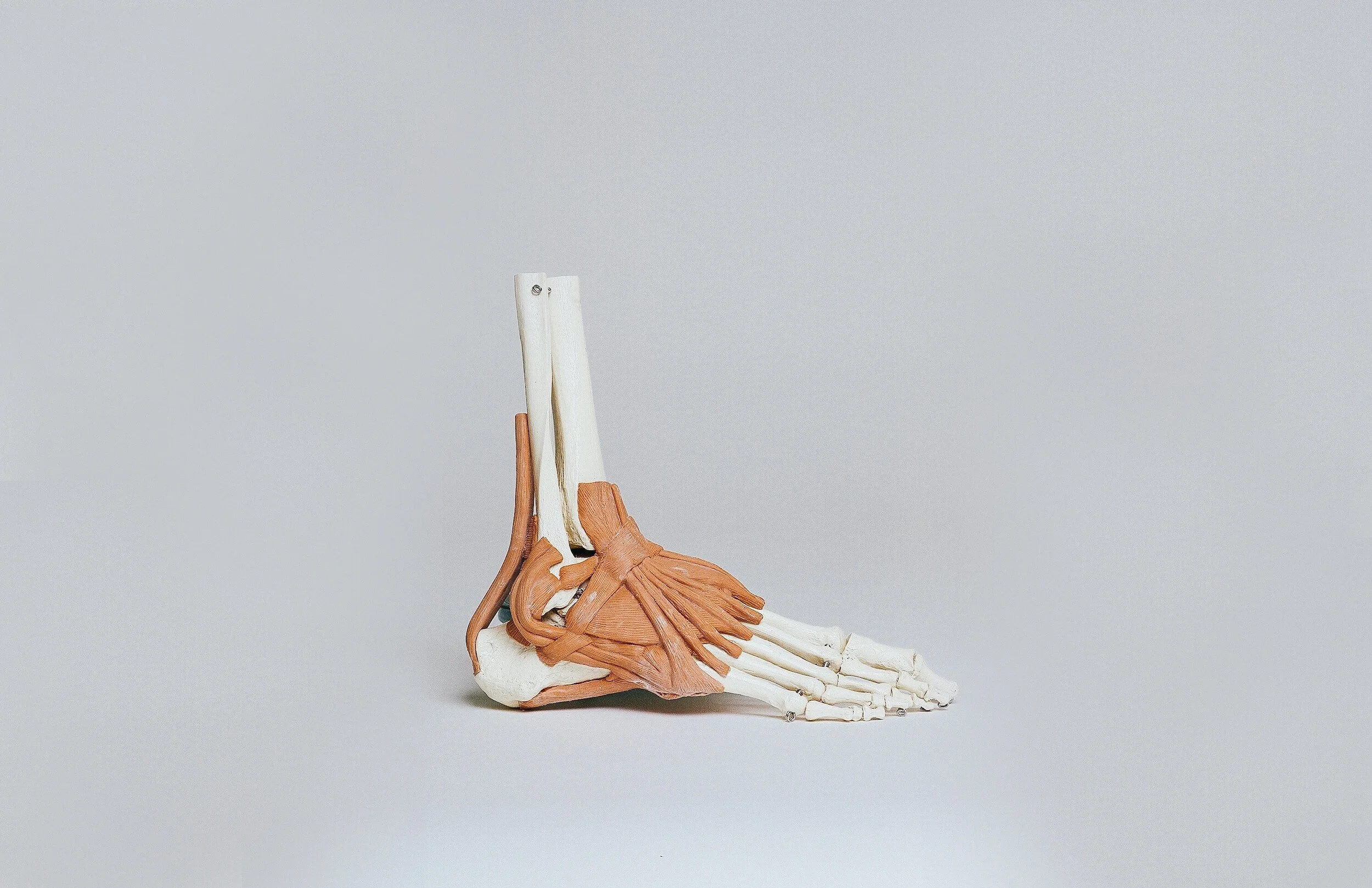Plantar Fasciitis
At Universal Chiropractic, we understand the debilitating effects that plantar fasciitis can have on your daily life and overall well-being. Plantar fasciitis is a common foot condition that causes intense heel pain and discomfort. Our dedicated team of chiropractors is well-versed in the treatment of plantar fasciitis and is committed to helping you find long-lasting relief. Our team at Universal Chiropractic adopts a holistic approach to treat plantar fasciitis by addressing the root cause of the condition, rather than just focusing on relieving the symptoms. Through a combination of chiropractic techniques, physiotherapy, and patient education, we aim to provide effective and comprehensive treatment.
1. SPINAL ALIGNMENT
Chiropractic care begins with a thorough examination to assess your overall spinal health. Misalignments in the spine can lead to imbalances in the body, including the feet. By restoring correct spinal alignment using gentle adjustments, our chiropractors can improve overall nerve function and promote efficient healing.
2. FOOT AND ANKLE ADJUSTMENTS
Specific adjustments may be made to the feet and ankles to alleviate the pressure on the plantar fascia and surrounding structures. These adjustments help to reduce inflammation, improve circulation, and restore proper joint mechanics, ultimately reducing pain and promoting healing.
3. PHYSIOTHERAPY AND EXERCISES
In addition to chiropractic adjustments, our team may recommend various physiotherapy modalities to complement treatment. These may include ultrasound therapy, electrical muscle stimulation, or massage to promote tissue healing, reduce inflammation, and alleviate pain. We also provide tailored stretching and strengthening exercises to improve the flexibility and strength of the foot and lower leg muscles.
4. LIFESTYLE MODIFICATIONS
Our chiropractors work closely with each patient to identify any contributing factors to their plantar fasciitis. We provide guidance and recommendations on appropriate footwear, modifications in activities, and ergonomics to reduce stress on the plantar fascia. Additionally, we educate individuals on proper warm-up routines and the importance of maintaining a healthy weight to prevent future occurrences.
5. LONG-TERM CARE AND PREVENTION
At Universal Chiropractic, we believe in empowering our patients to take charge of their health. Once we have successfully treated the condition, we provide ongoing support and guidance to prevent future flare-ups. Our chiropractors may recommend periodic adjustments, continued exercises, and regular check-ups to ensure long-term foot health.
CONCLUSION
If you are struggling with the debilitating pain of plantar fasciitis, Universal Chiropractic offers a comprehensive and effective approach to treatment. Our team of experienced chiropractors will work diligently to address the root cause of your condition, providing relief and improving your overall foot health. Contact us today to schedule an appointment and take the first step towards pain-free living. Don't let plantar fasciitis limit your daily activities when there are effective solutions available at Universal Chiropractic.
Plantar fasciitis is a common condition that affects the plantar fascia, a thick band of tissue running along the bottom of the foot, connecting the heel bone to the toes. This condition occurs when the plantar fascia becomes strained or inflamed, resulting in pain and discomfort.
The primary symptom of plantar fasciitis is usually heel pain, which can be sharp or dull. It is typically worse in the morning or after prolonged periods of rest, such as getting out of bed or standing up after sitting for a while. The pain may also worsen with activity or prolonged walking or running.
Several factors can contribute to the development of plantar fasciitis. The most common risk factors include excessive physical activity or repetitive strain on the feet, such as running, dancing, or being involved in sports that put a lot of stress on the feet. Obesity, having high arches or flat feet, wearing improper footwear with poor arch support, and even prolonged standing or walking on hard surfaces can also increase the risk.



